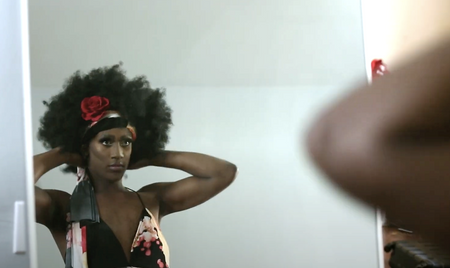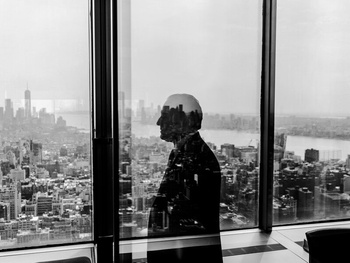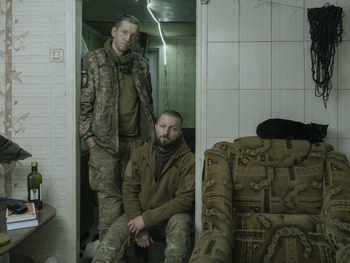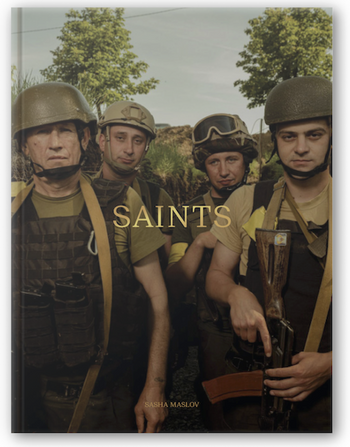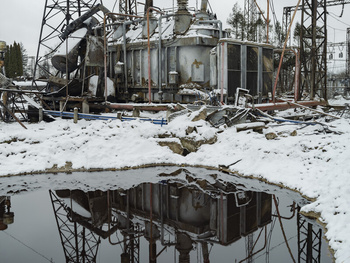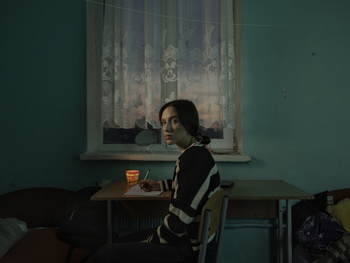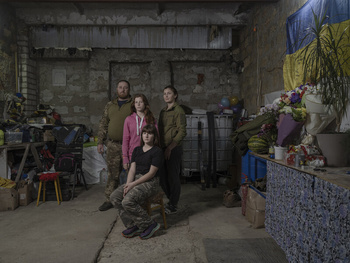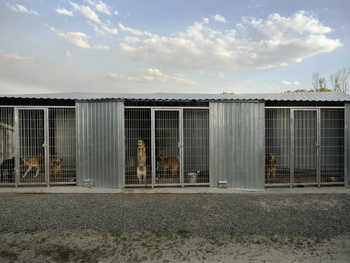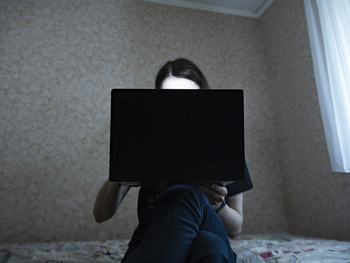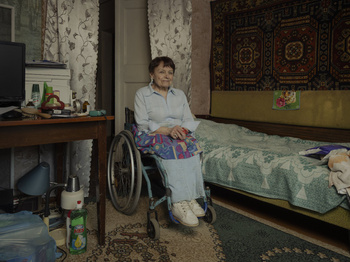Veterans
© Sasha MaslovVeterans is a series of portraits of people who took part in the Second World War - the one event in human history that could not - and still cannot- be compared with any other event on the scale of catastrophe, human tragedy, and the degree of impact on the future of our civilization. Every single person who participated in the war, whether they were a soldier or a general, prisoner or a guard, medical worker or an engineer, took part in shaping the image of the world as it is seen and perceived today.
This project aims to look behind the emotional drape of each individual photographed. After 70 years after the war that took millions of lives, the photographer strives to to analyze and compare the lives of those who survived and are still living. For this project, the photographer travelled to multiple countries that were affected by the war the most, interviewed and took portraits of those who took part in it, with a goal to assemble a mosaic of people who at one moment were all engaged in this incredible tragedy, and in the other were living their separate lives in different corners of our planet.
click to view the complete set of images in the archive
We have detailed interviews with each and everyone of the Veterans Sasha photographed.

Bogdan Osolnik, Ljubljana, Slovenia
My name is Bogdan Osolnik. I was born on May 13, 1920. My parents were refugees and they had tried to escape Italy. After I finished school, I started studying law in 1941. When Slovenia was divided into quadrants, mostly between Germany and Italy, I decided to leave my studies. They wanted to force everyone to become members of a fascist party. From there, I decided to participate in the war as a partisan.
We weren't only occupied, the idea was to erase the statehood of Slovenia and rebuild it under the ideology of Hitler and Mussolini. It was just a battle for freedom, it was a battle for life and death. I joined the militia when Italy and Germany were in top military condition, while partisans had no weapons at all. We had to somehow take their weapons and use them against them. Within three years, we organized into divisions. We grew into a structure.
I wasn't on the battlefield much. I was more involved with organizing the rebellion. I handled food and communications and healthcare. We organized secret hospitals for the injured. I want to point that this wasn't just to combat the enemy, this was also the process of forming a new nation, one that hadn't existed before.
Yugoslavia was attacked on April 14, 1941. I was a soldier in the south, in Kosovo. I liked to walk on the railway at night, alone. I knew the area. One morning and officer came and approached a girlfriend. They told her I shouldn't visit her anymore. They had trained a rifle on me. The girl told them I was at home. But there weren't many tall men around, so they knew it was me. I thought no one had seen me. Luckily, my height saved my life. They'd been watching for an Italian advance. At first it was easy to fight together, but when the enemy found collaborators, the battle grew more complex, because those people knew secrets.
I was put in Croatian prison, then I was moved to an Italian prison. I came home in the first week of July, 1941 and I returned to my studies. In the first days of October, I got my degree in law. Then I became the leader of the partisan forces. By July, 1942, I was with the partisans full time until the end of the war. I moved around the country helping to establish a system of government. Prior to the capitulation of Italy, I was leading the administration of the partisan government.
I was sent to Maribor, to mobilize people there. I took over a radio station that had been set up by the Germans. I gave the news that the war was over and everyone was free. I stood on the balcony of the city hall and watched them have their evening celebration. The following day, which was my birthday, I took a train from Ljubljana to Novo Mesto to visit my parents. This was the day the war and my youth both ended. My brother soon returned from being with the partisans. He had joined them when he was fourteen.
Everything was in ruins after the war. We had to rebuild. There were no bridges, no roads. The partisans had instituted a scorched earth policy, to prevent or slow an occupation. An entire system had to be established. Our internal image was no very bright. There were border disputes with Italy and Austria. But despite the poverty and lack of development, there was an overwhelming sense of solidarity among us. Nobody was dying of hunger—there was always a solution.
I began working in education and culture, as an assistant to the minister. I did the same in Belgrade, Serbia, where I worked in the field of science. The Cold War was beginning at this time and there was much tension in the world. When the situation escalated, I became the leader of the Yugoslavian National Radio. We worked in several languages. Our mission was to legitimize Yugoslavia in the eyes of the world, in Europe. To discourage Russia from an invasion. I also worked for international organizations, such as UNESCO. I co-founded Yugoslavian National Television. This was when satellite television began to appear. This had been a topic at UNESCO. I was part of the MacBride Commission that produced the "Many Voices, One World" report.
Nowadays the world is much different and people have many more choices. There's been progress in what medicine and technology can offer us. Unfortunately, everything's not like that—we still have wars. We are still entrenched in a system that doesn't work. What I see, what I hope is that the world will go on the path of humanity and respect and dignity.

My name is Fateh Singh, and I was born on June 14th, 1920 in India. As a youth in the 1930s, our education system was very poor. We didn't have much economic opportunity, and the schools were very strict. I remember our teachers beating us badly if we were not studying or working. One day my mother brought me to school, saw a teacher beating us, and took me out of the class.
She told me it was better to work with the family at the farm than be abused by the teachers. I never went back to school from that point. In the 40s, I saw people joining the Army seemingly left and right. India had one of the biggest volunteer Armies in World history. I was motivated by all the volunteers eager to fight for our country, and decided to join myself. I went to the Lal Quila in Delhi and enlisted in the Army at the age of 19.
I was then sent to Meerut and Lahore to train. During training they conditioned us, taught us how to use guns and also how to repair them when they broke. We also learned how to use land mines properly, which would later come in handy.
After the training finished, we received 28 days of holiday leave. I went home during that period. Once the holidays were over, we returned to the Army and went to Nagpur. News soon came that we were being sent to Northeast India to combat Japanese fighters in Assam.
When we got the order to go to war, I was excited, but a little worried. There were relatively few of us compared to our enemy. Despite being outnumbered, I knew deep down we had the spirit to win. Amongst my regiment, we comforted ourselves by noting that even though there were few of us, we were on the safe side of the mountains. That was our solace, and our advantage. We used land mines to defend ourselves from encroaching Japanese tanks. As they tried to approach us they were destroyed.
Soon, our Army's resilience overwhelmed Japan, and they surrendered to us. Once we defeated the insurgents in Assam, we went to Rangoon, Burma to fight more Japanese soldiers. Through sheer will, we overwhelmed the Japanese army and they surrendered there as well. The faith we had in ourselves helped us prevail against the harsh odds. Japan had given us thousands of weapons when they surrendered, and we gave them to the British Army.
Once we successfully defended our home front, we were sent to China via ship. In my old age I don't quite remember the experience in China, but I know I made it back! When we came back from China, I went to Rawalpindi, which is now Pakistan, to decompress. We were given a few days off for the holidays to rest. After the break was over, I returned to the rest of my comrades in Lahore. The leaders there told us the war was not over, but we had the individual option to leave and go back home. Quitting was no option for me, so I went back to the front lines.
During our time patrolling the home front, we were frequently sent to patrol for Japanese soldiers infiltrating our general area. One day, a fleet of us went out to oversee the countryside. On the way back from patrolling, I stayed behind the rest of the troops, watching for any potential attackers from the rear. Then I saw some Japanese soldiers but it was too late to react – they noticed me and opened fire. I was shot in the left leg. I was in immense pain, but I couldn't even scream and alert my troops. If I did, the Japanese probably would have shot me dead. I stayed silent and waited it out.
I ended up lost in the forest for 11 painful, lonely days. I later found out that my family was informed that I was dead during this time and they even had a funeral. In the meantime, I was writhing in pain, laying wounded in the forest. I managed to gather myself and traverse the woods. I eventually found a village, of which I can't quite remember the name. The village people had mercy on me and took me to a hospital. After basic treatment at the hospital, I was sent back home.
My family was ecstatic to see me. Just imagine their transition from believing I was dead to seeing me in relatively good health! I recuperated amongst my family for the rest of the war.
I was married in 1948 to my wife Shandidevi, and had two daughters and three sons. I retired from the Army in 1952 and went back to the family farm. I was getting proposals to work at railways, but I always denied them. My family wanted me to stay with the farm, and that’s what I did for the entirety of my life.
These days, I don't do as much as I once did. I'm in frequent pain, but I still enjoy the good moments. I live with my family, who take care of me. The light of my life is waking up and playing with my grand children. Every August 15th, Indian Independence Day I hoist the countries flag in my neighborhood. I'm proud that I was apart of that struggle.
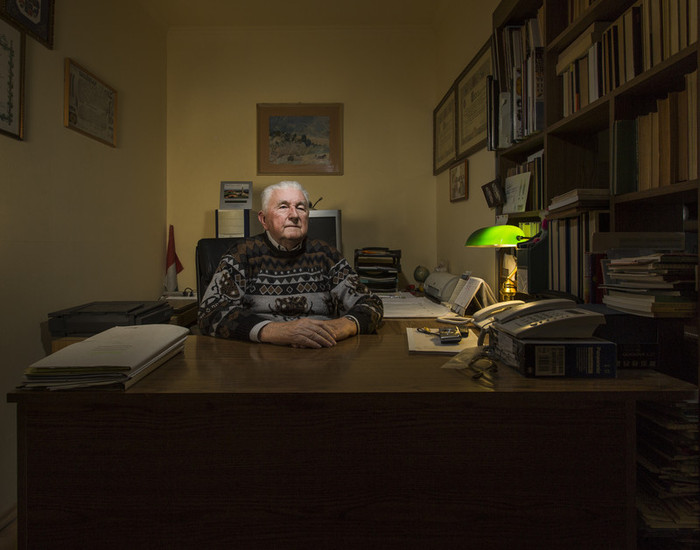
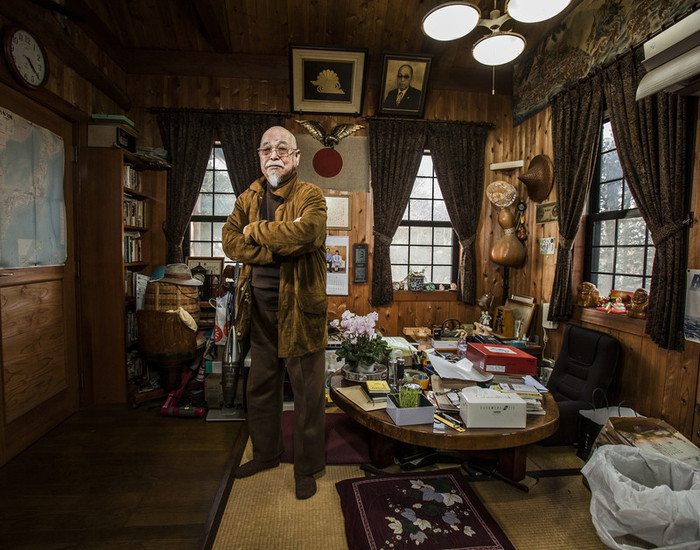
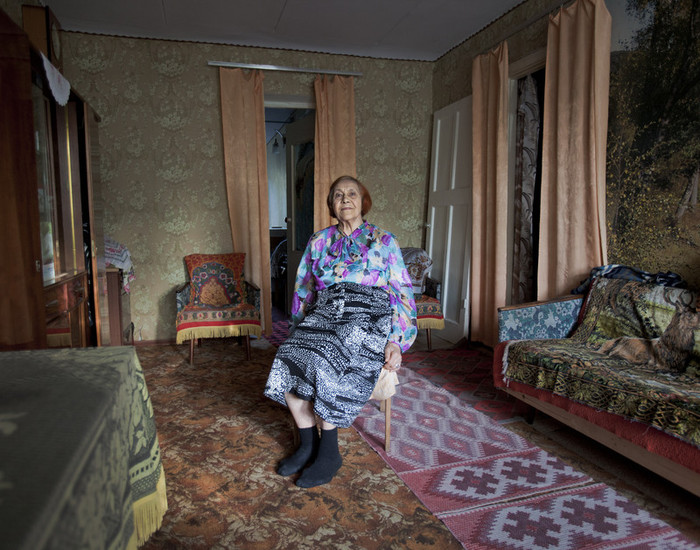
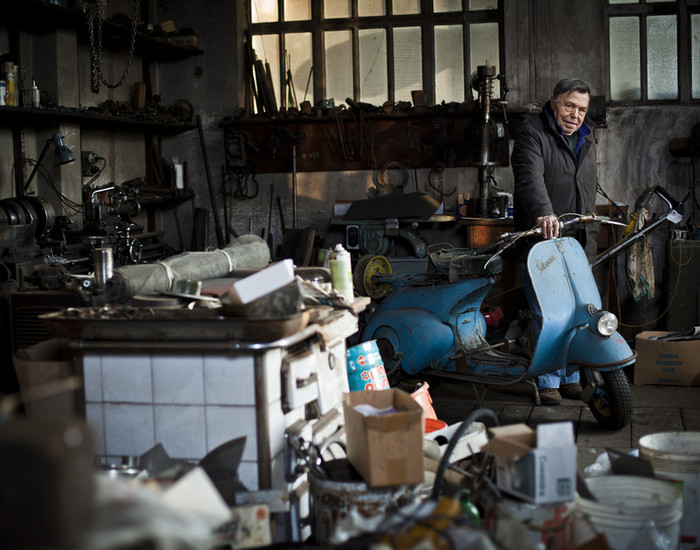
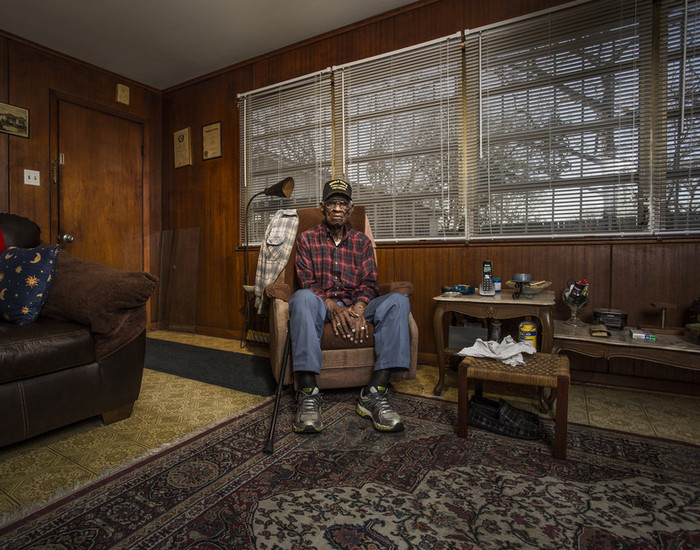
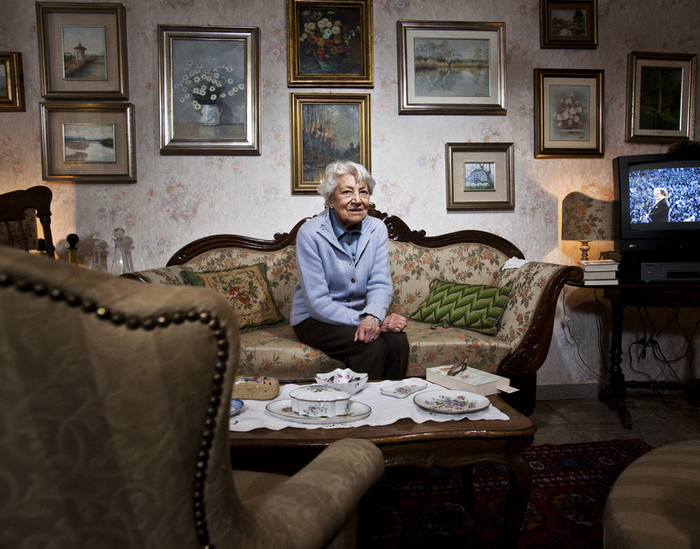
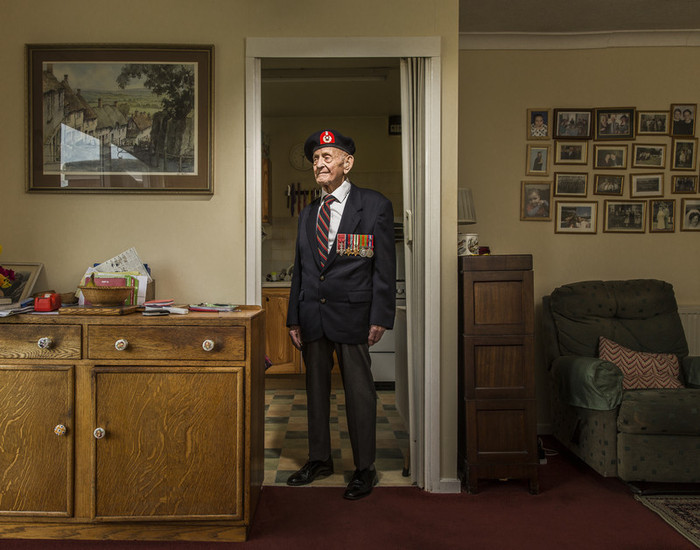
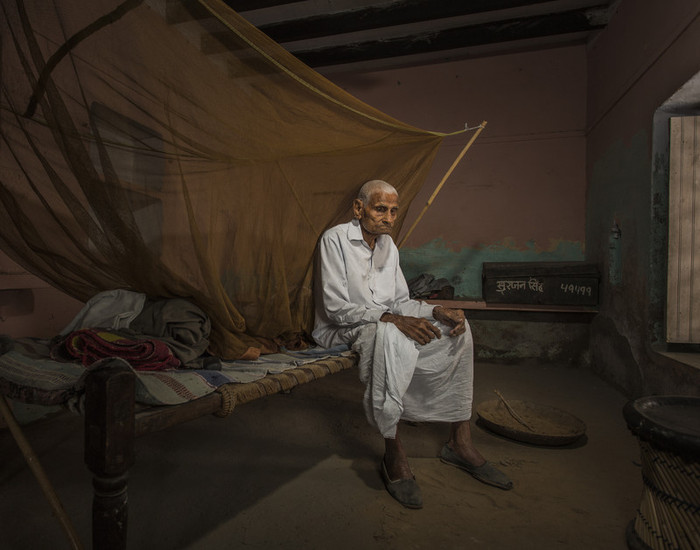
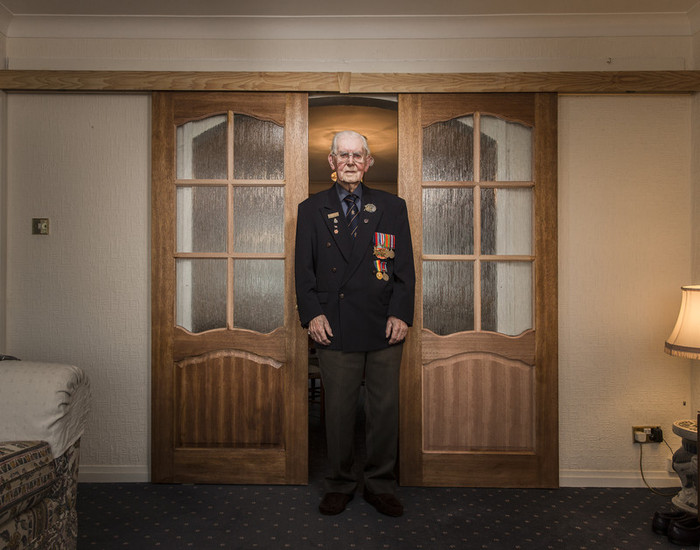
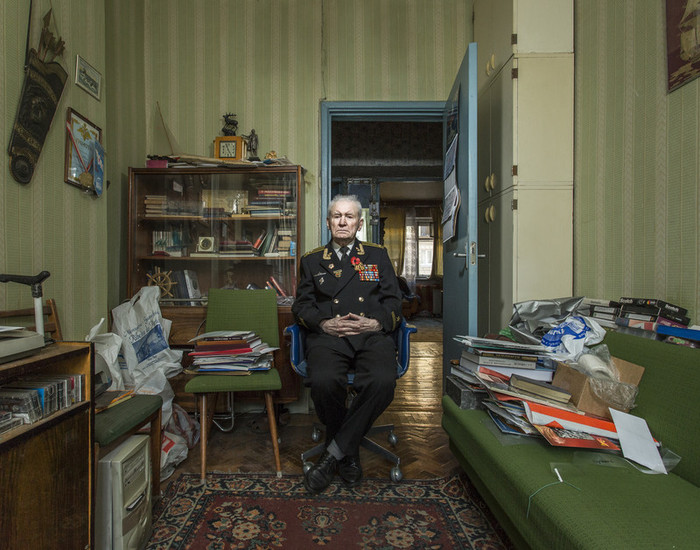
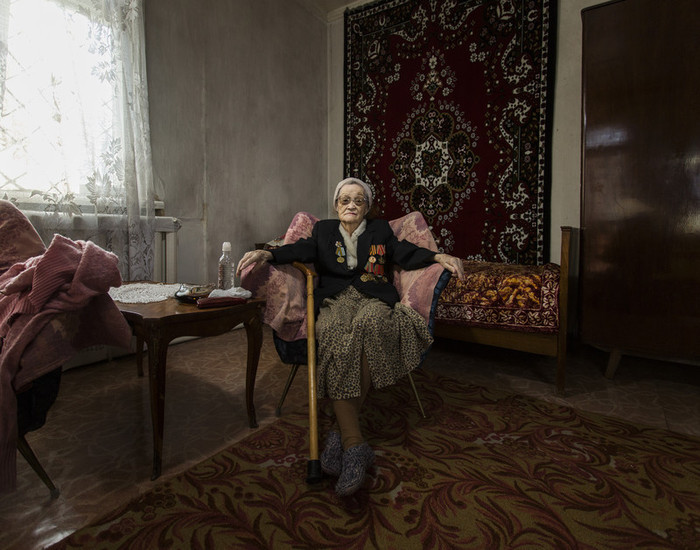
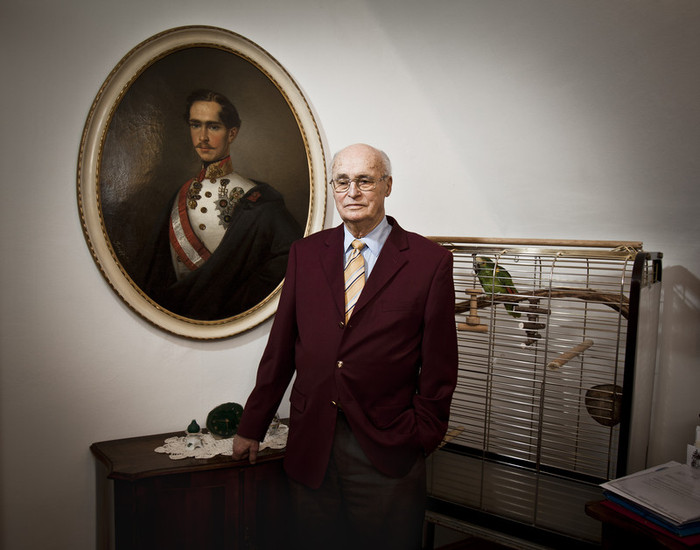
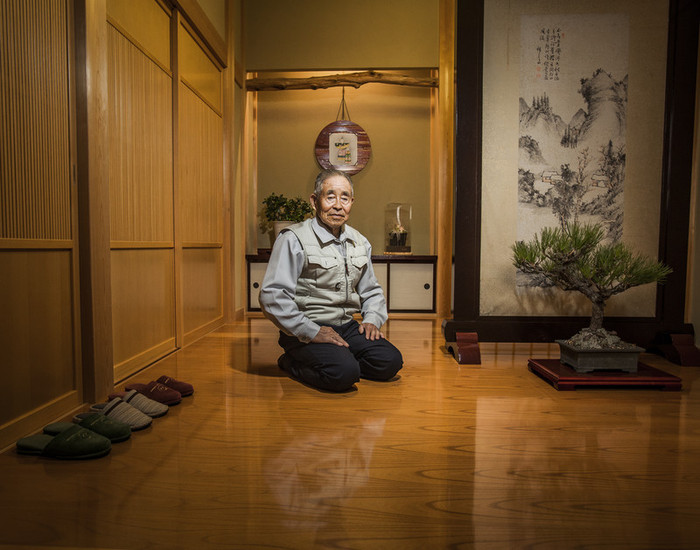
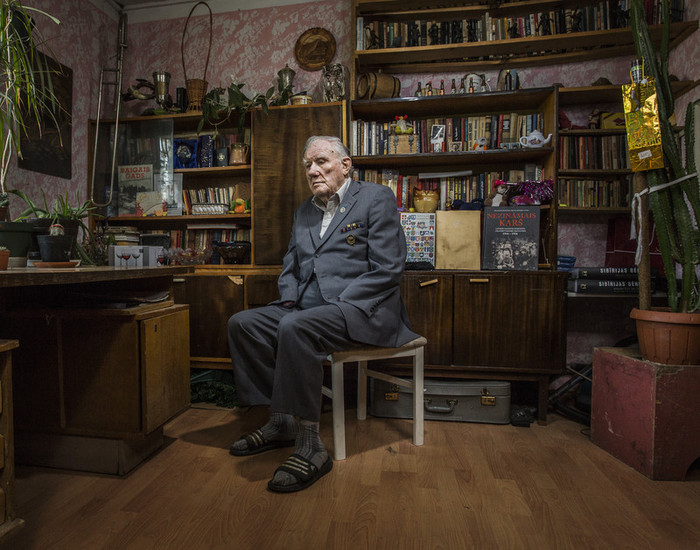
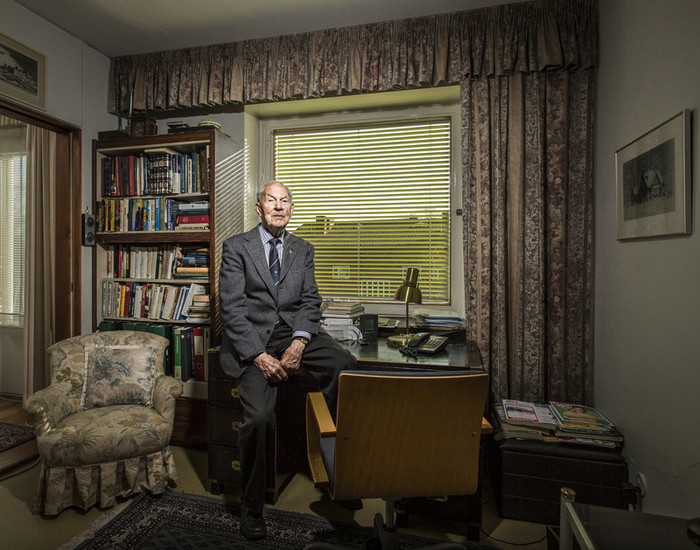
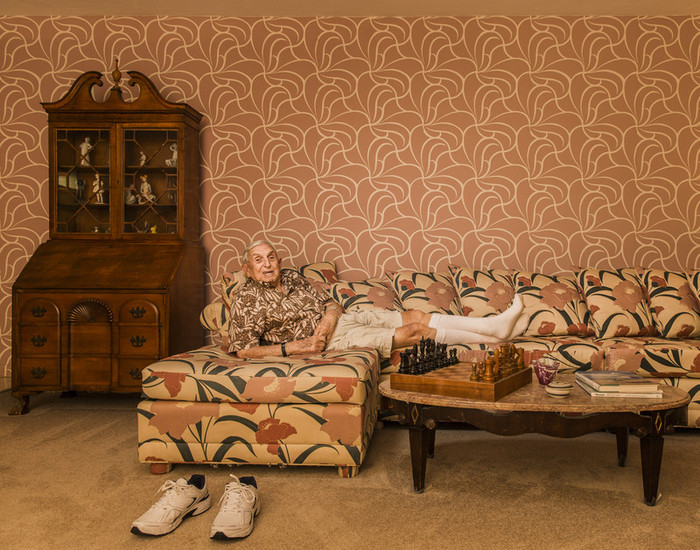
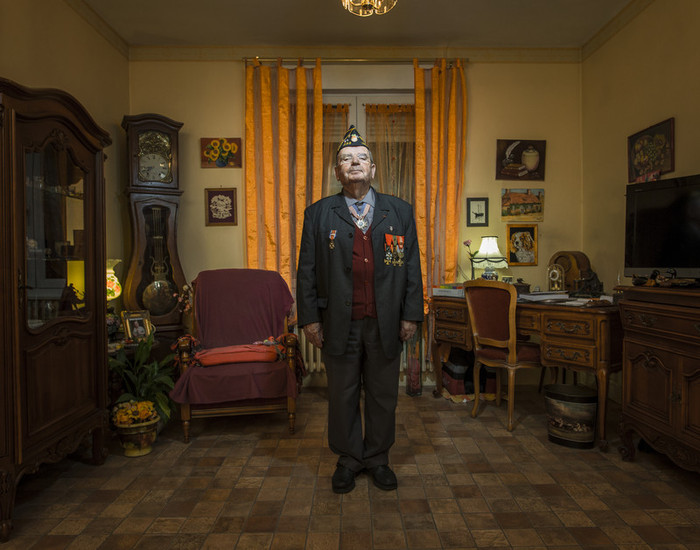
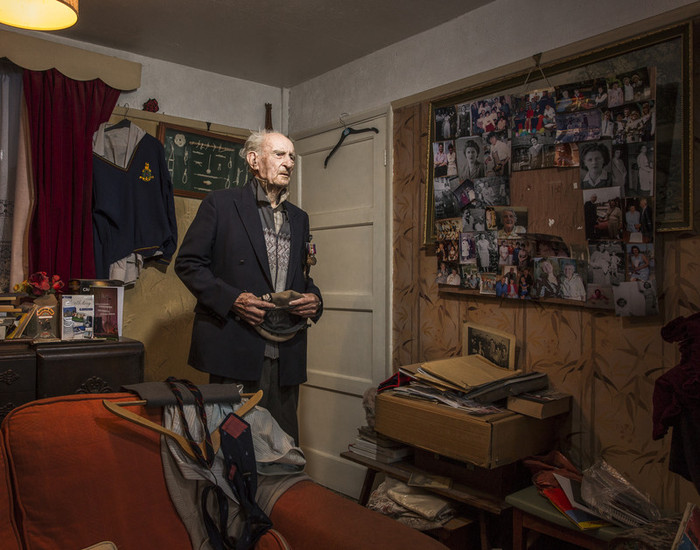
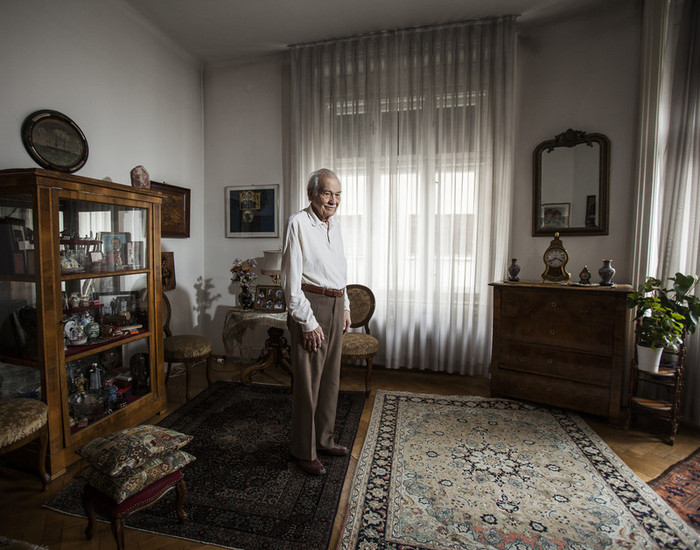
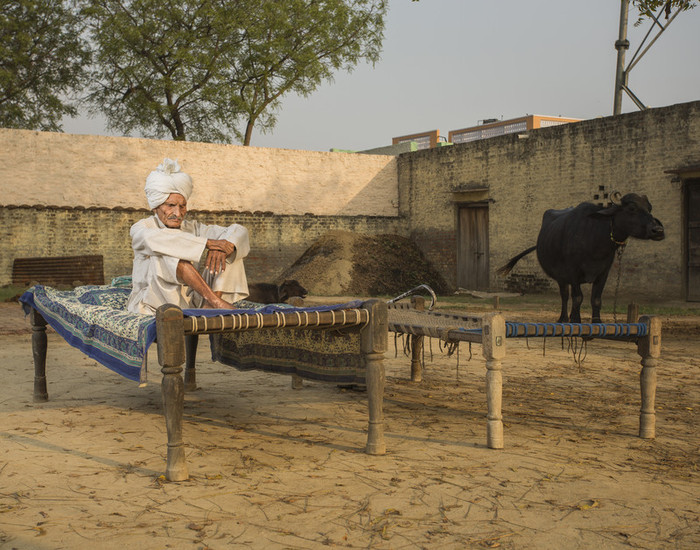
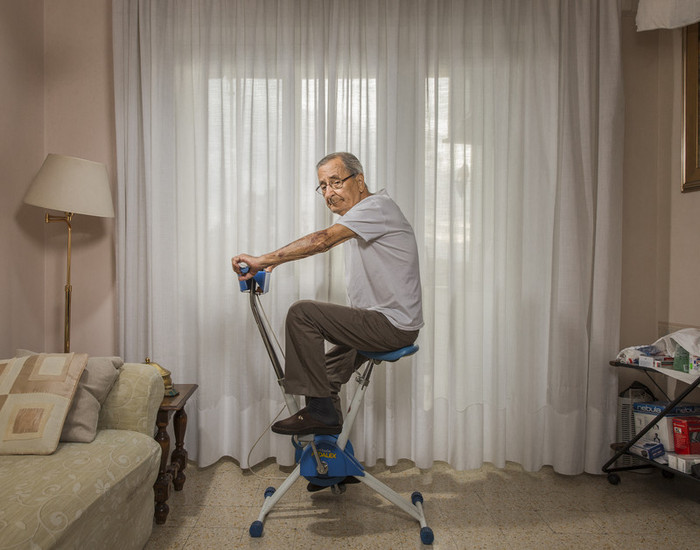
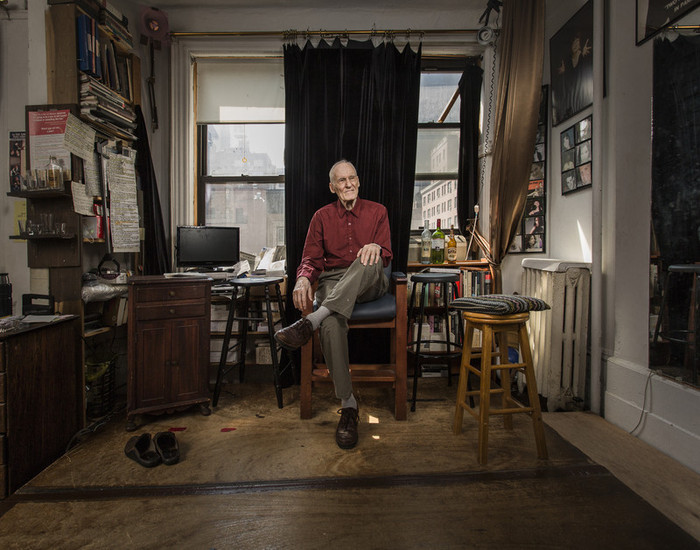
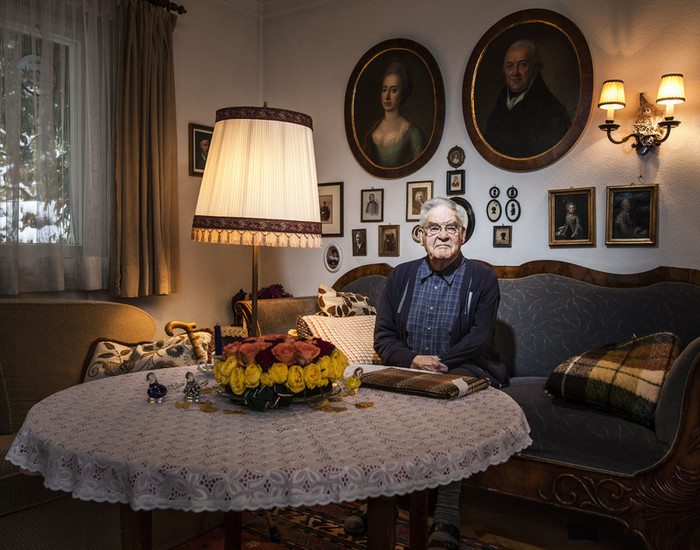
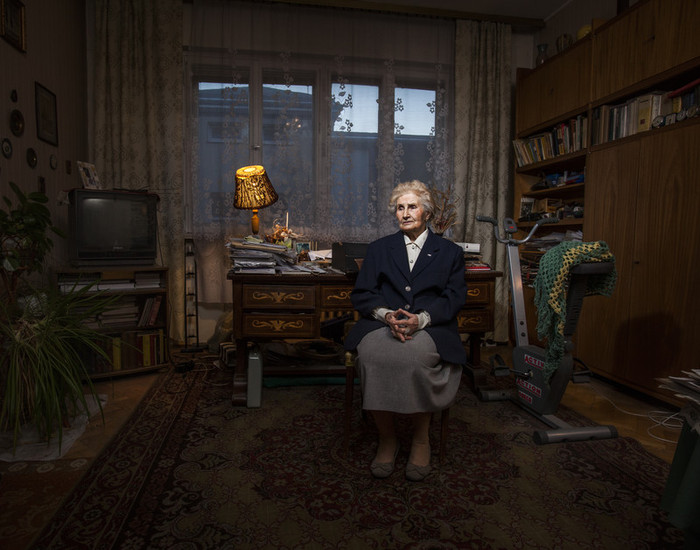

ISBN-13: 9781616895785
Publisher: Princeton Architectural Press
Publication date: 05/02/2017
Pages: 144
Publisher: Princeton Architectural Press
Publication date: 05/02/2017
Pages: 144

